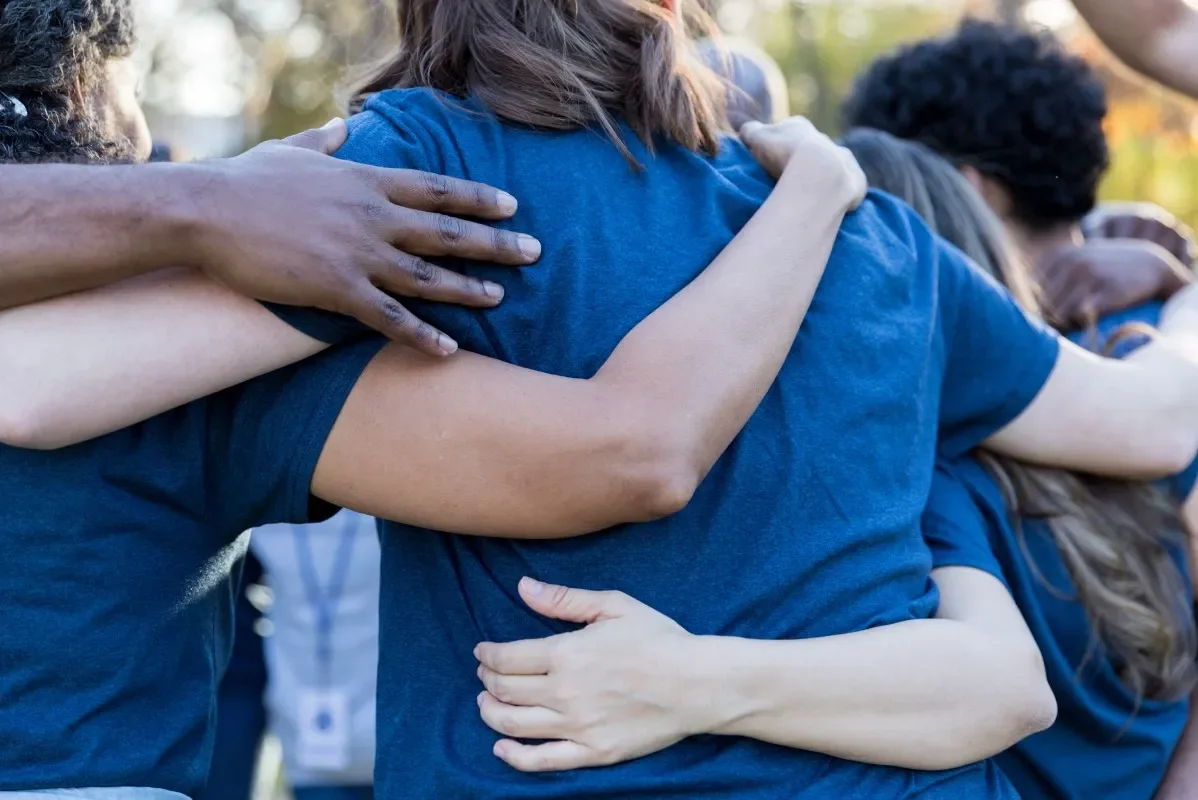

Professor Paul Downes gives Keynote Presentation on Spaces of Connection to Self and Other, Children's Rights Alliance National Webinar
Professor Paul Downes gave the Keynote Presentation, Spaces of Connection to Self and Other: Key Issues for the new National Children’s Strategy’s PostPandemic Response at the Children’s Rights Alliance Webinar for its End Child Poverty Week, September 14, 2022. Panelists in response to the presentation were Kevin McCarthy, Secretary General, Department of Children, Equality, Disability, Integration and Youth, and Lána Cummins, Assistant Director, Early Learning Initiative. The session was Chaired by Tanya Ward CEO of Children’s Rights Alliance.
Professor Downes’ presentation highlighted the need for the new National Children’s Policy Framework to go beyond a focus simply on Better Outcomes to one on Better Systems including Systems of Space for Children and Young People. He emphasised the need for a fundamental reconceptualisation of space in research and policy pertaining to children and young people, challenging traditional Western notions of space as empty and a non-entity. Recognising that the Covid pandemic’s social distancing had involved a challenge to our taken for granted understandings of space, he outlined an agenda for national policy with regard to reconfiguring physical and relational spaces in and around schools, and in the local community, while noting that community, inclusion and marginalization all presuppose spatial understandings. The Covid pandemic has increasingly brought attention to access to nature spaces as an equity issue for play, learning and wellbeing.
Building on his recent book, Reconstructing agency in developmental and educational psychology: Inclusive Systems as Concentric Space. New York/London/New Delhi: Routledge https://www.routledge.com/Reconstructing-Agency-in-Developmental-and-Educational-Psychology-Inclusive/Downes/p/book/9781032089751, his presentation sought to challenge diametric oppositional and fragmented spaces and to promote concentric relational spaces of assumed connection at school and community levels. In doing so, he drew on the recent M.Ed theses of two NEIC Fellowship students with the Educational Disadvantage Centre, Seana Brady and Orla Doyle, highlighting inner city primary children’s voices on the benefits of school gardens and pride in spaces in their locality. Orla Doyle’s thesis was supervised by Dr. Susan Pike.
Key Community Relational Spaces proposed on the basis of the Educational Disadvantage Centre’s current and previous community based research over several decades include the need for national policy commitment to active strategic promotion of Youth cafes and drop in centres, Arts centres, Green spaces, University outreach hubs for learning and access to higher education, and pride in local community spaces in urban areas of high poverty in Ireland. Key areas of school relational spaces outlined for development in national policy include access to school gardens, to spaces of silence in school, and to health services such as specialist emotional counsellors/play and art therapists reconfigured as being colocated in school. Professor Downes situated this as part of a ‘Spatial Turn’ for the social sciences and education.
See recorded session here: https://fb.watch/fxCTwDTsed/
